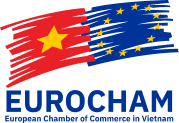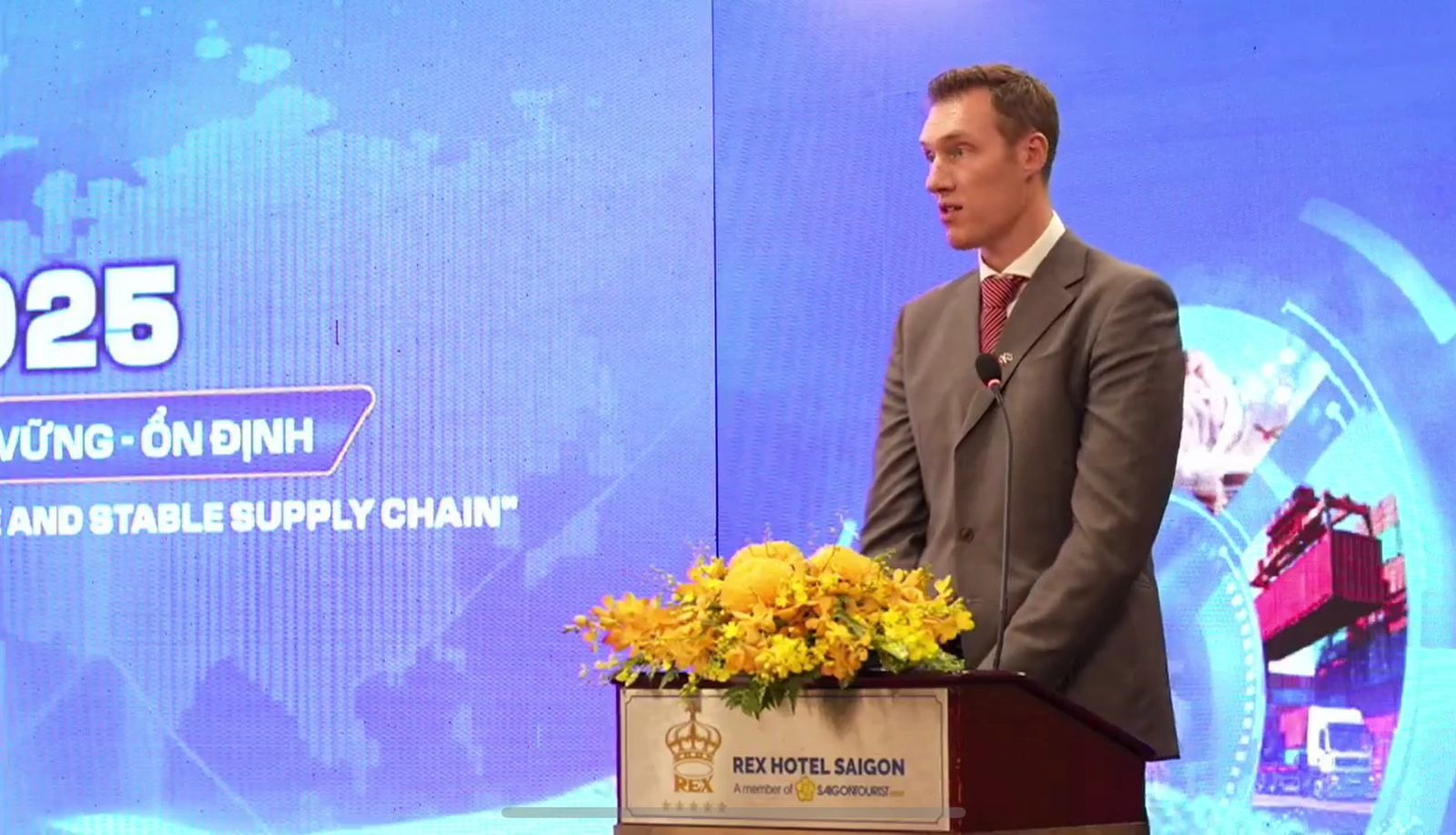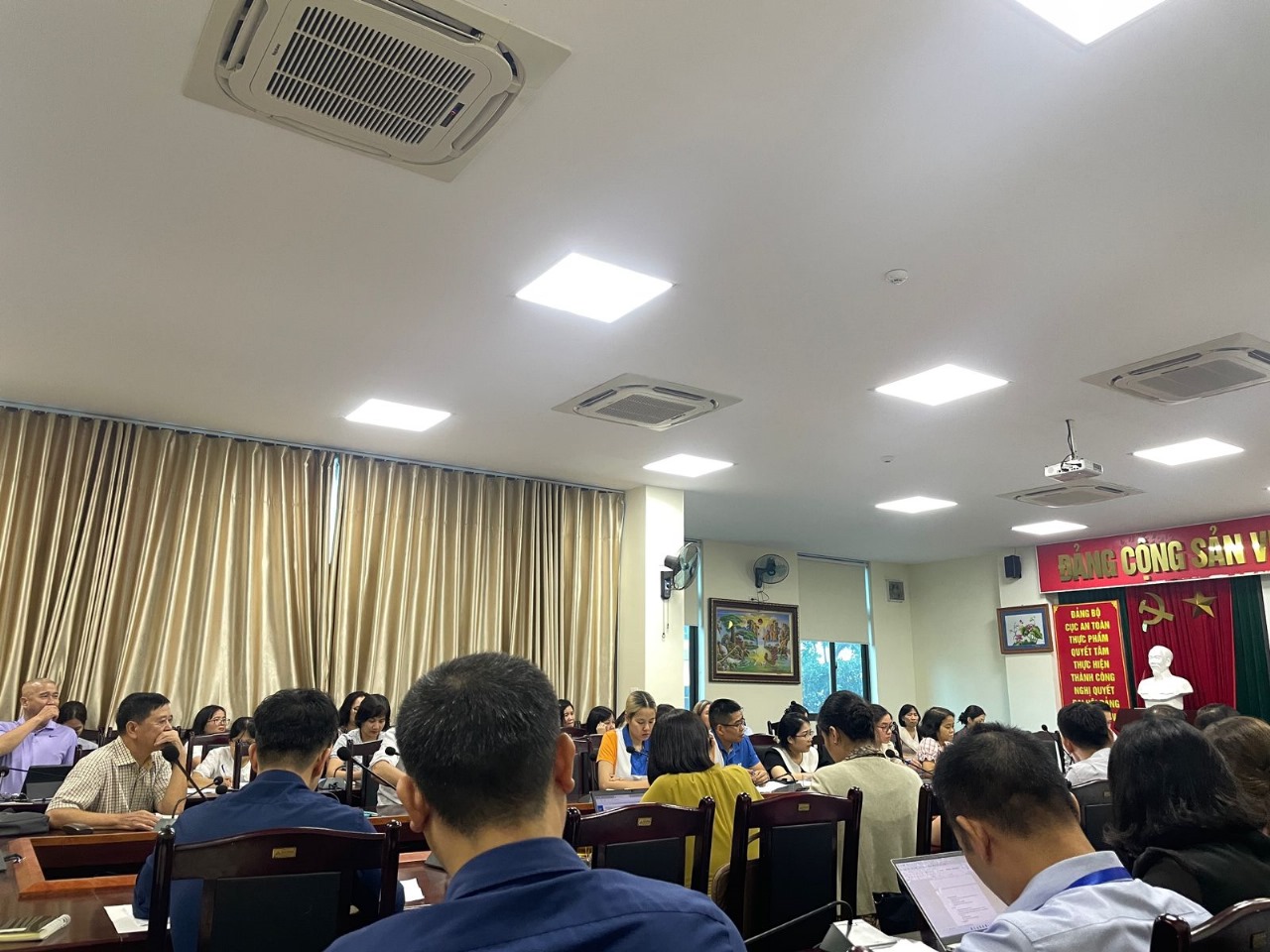On 28 September, 2021 at the National Assembly premises in Hanoi, the National Assembly’s Committee for Foreign Affairs held a seminar on "International Experiences in Transforming the Digital Economy in Response to the Covid-19 Pandemic", chaired by Committee Vice Chairman Nguyen Manh Tien.
Representatives from various sectors participated in the event, including leaders of the National Assembly and Government bodies; the Singaporean Ambassador to Vietnam; counselors of the US, Japanese, Korean, and Thai embassies; domestic and foreign experts; and representatives of business associations in the field of digital economy.
At the seminar, the delegates presented their views and analysis on the overview of the digital economy in Vietnam – its advantages and disadvantages – and suggested recommendations andsolutions to develop the digital economy and overcome difficulties caused by the Covid-19 pandemic. It also highlighted the need to prepare for recovery from the pandemic in reference to international experiences in digital economic transformation, especially digital finance and digital banking towards effective and sustainable socio-economic
Given that the Covid-19 pandemic has impacted all aspects of political, diplomatic, economic, cultural and social life around the world, the delegates also agreed in the assessment that Covid-19 has created a great motivation for digital transformation in general and the digital economy in particular. Statistics show that, in the last 5 months of 2020 alone, the e-commerce industry has achieved the cumulative growth of the previous 5 years.
Ms. Dang Tuyet Vinh, on behalf of EuroCham, delivered a speech on digital transformation in the context of “Shaping the Digital Future for Europe” to provide inclusive use of technologies for citizens and respect fundamental European values.
European countries focus on five main pillars: Connection, workforce, internet usage, digital technology integration, and digital government services. Similar to the European concept, in Vietnam, the digital economy is understood as all economic activities based on a digital foundation. Meanwhile, digital economic development is the use of digital technology and data to create new business models and deliver high-quality economic growth.
EuroCham highly values the impressive progress by the Government of Vietnam in the Digital Government Program by 2020. It is acknowledged that, to develop digital Government, Vietnamincreasingly needs rapid access to technologies that simplify processes, drastically reduce administrative costs, and enable innovation to deliver efficient and rapid public services.
A few recommendations have been raised in regards to implementation of smart cloud technology to boost the development of the digital economy. In particular, EuroCham suggested that optimal policies should be considered to support the transition to a secure digital environment such as acceptance of digital signatures, a cloud-first policy, personal data protection, risks assessment, and so on. EuroCham shall continue to cooperate and offer support to the Government in its role as a bridge between the EU and Vietnam.
Having assessed the current situation of Vietnam, the delegates said that the coverage of Vietnam’s internet connection infrastructure is relatively good. However, the bandwidth and transmission quality are weak. The institutional system has not really facilitated the development of the digital economy, while personal data protection is not guaranteed. Therefore, the EuropeanGDPR and Singapore PDPA would be good examples to follow. Moreover, concerns regarding a lack of user protection regulations and highly-skilled workforce in the field of digital technology were raised. The digital ecosystem in Vietnam seems to be in its infancy and has not yet developed as strongly as many countries in the region.
In his closing speech, Vice Chairman of the Committee for Foreign Affairs, Nguyen Manh Tien,affirmed that digital economic development is essential and the key to economic development in general. The Government welcomes suggestions and recommendations from foreign experts on international practices and solutions. The National Assembly encourages domestic enterprises to take the lead and provide information and resources in order to create an appropriate legislativesystem.





